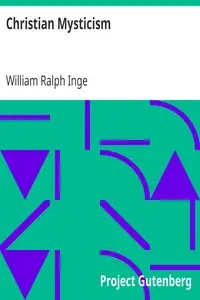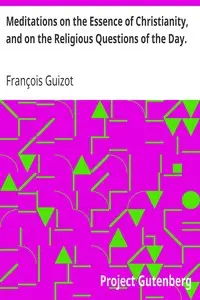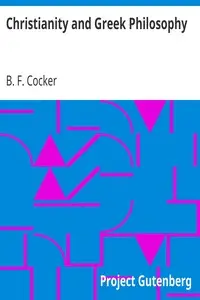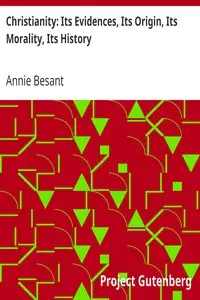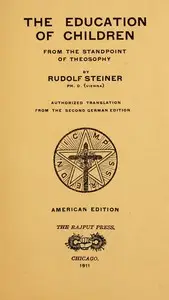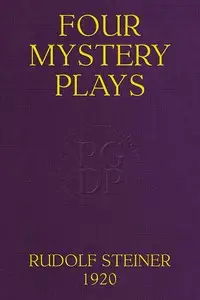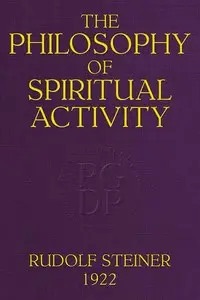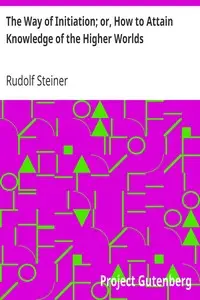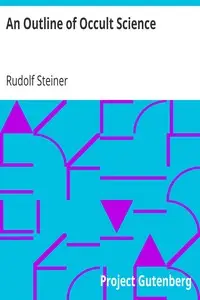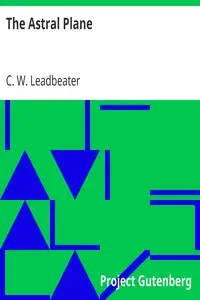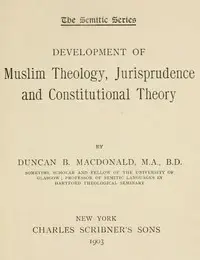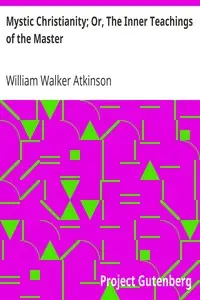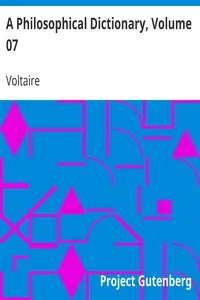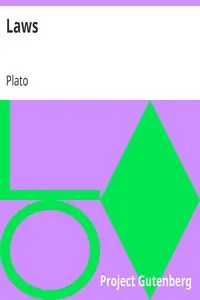"Christianity as Mystical Fact, and the Mysteries of Antiquity" by Rudolf Steiner is a thought-provoking book that tries to reveal the mystical beginnings of Christianity by linking it to older mystical traditions. The author believes that to truly grasp the spiritual meaning of Christianity you must contemplate mystical ideas. Steiner suggests that Christianity wasn't just an extension of previous faiths, but a unique unveiling influenced by the hidden mystical truths inside human spirituality. The book begins by observing how modern science affects spiritual thinking and how people struggle to find spiritual truth in a world that focuses on materialism. Steiner explains the history of Christianity and highlights the importance of ancient mystical practices in developing its main ideas. He stresses that real spiritual wisdom doesn't come from simply reading religious texts but from having your own mystical awakenings, like going through an initiation process revealing the hidden truths about life and the divine.
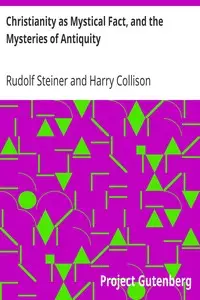
Christianity as Mystical Fact, and the Mysteries of Antiquity
By Rudolf Steiner
Embark on a search for the hidden connections between ancient spiritual practices and the heart of Christianity, where personal discovery unlocks the authentic meaning of existence.
Summary
About the AuthorRudolf Joseph Lorenz Steiner was an Austrian occultist, social reformer, architect, esotericist, and claimed clairvoyant. Steiner gained initial recognition at the end of the nineteenth century as a literary critic and published works including The Philosophy of Freedom. At the beginning of the twentieth century he founded an esoteric spiritual movement, anthroposophy, with roots in German idealist philosophy and theosophy. His teachings are influenced by Christian Gnosticism or neognosticism. Many of his ideas are pseudoscientific. He was also prone to pseudohistory.
Rudolf Joseph Lorenz Steiner was an Austrian occultist, social reformer, architect, esotericist, and claimed clairvoyant. Steiner gained initial recognition at the end of the nineteenth century as a literary critic and published works including The Philosophy of Freedom. At the beginning of the twentieth century he founded an esoteric spiritual movement, anthroposophy, with roots in German idealist philosophy and theosophy. His teachings are influenced by Christian Gnosticism or neognosticism. Many of his ideas are pseudoscientific. He was also prone to pseudohistory.



